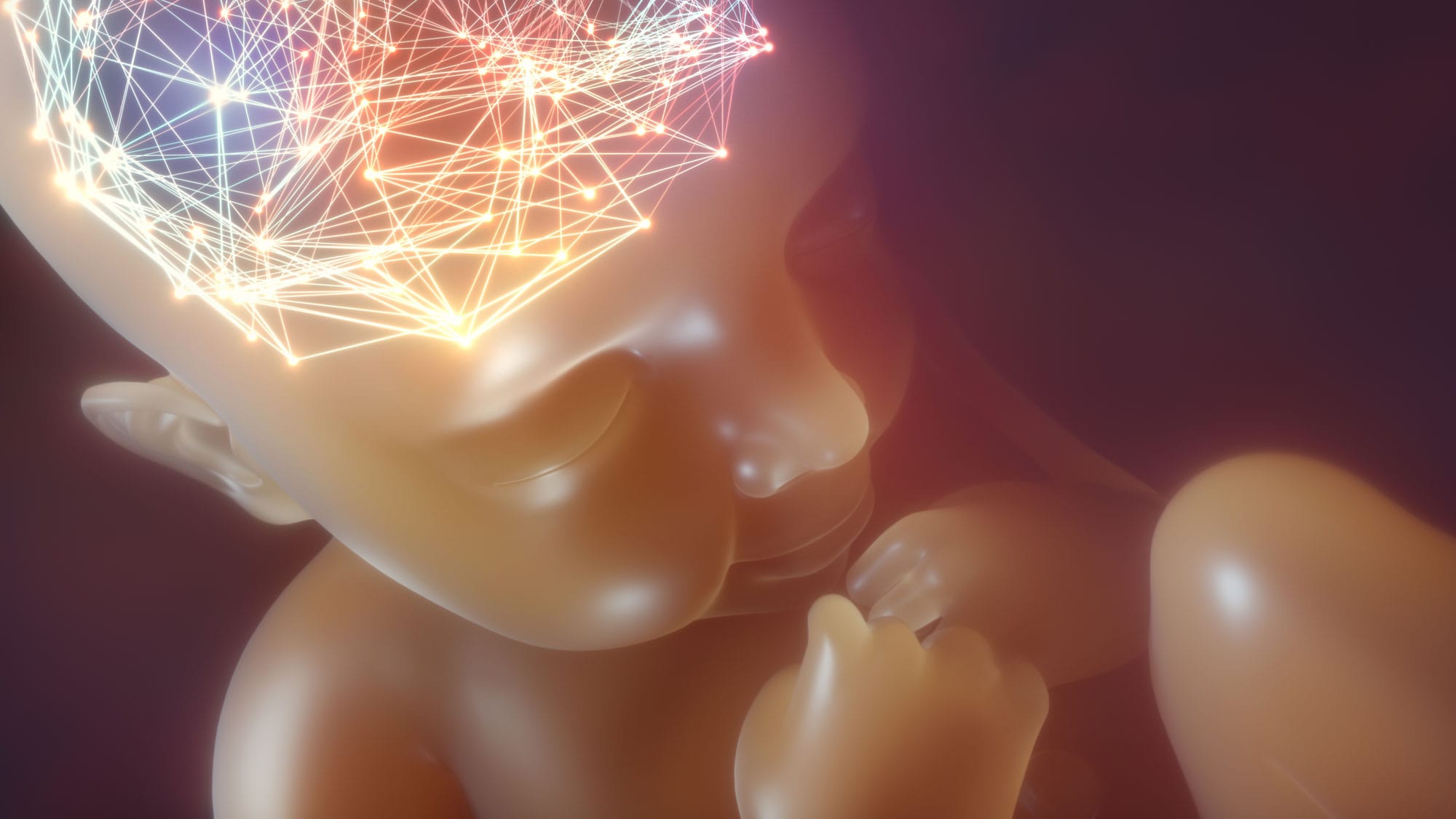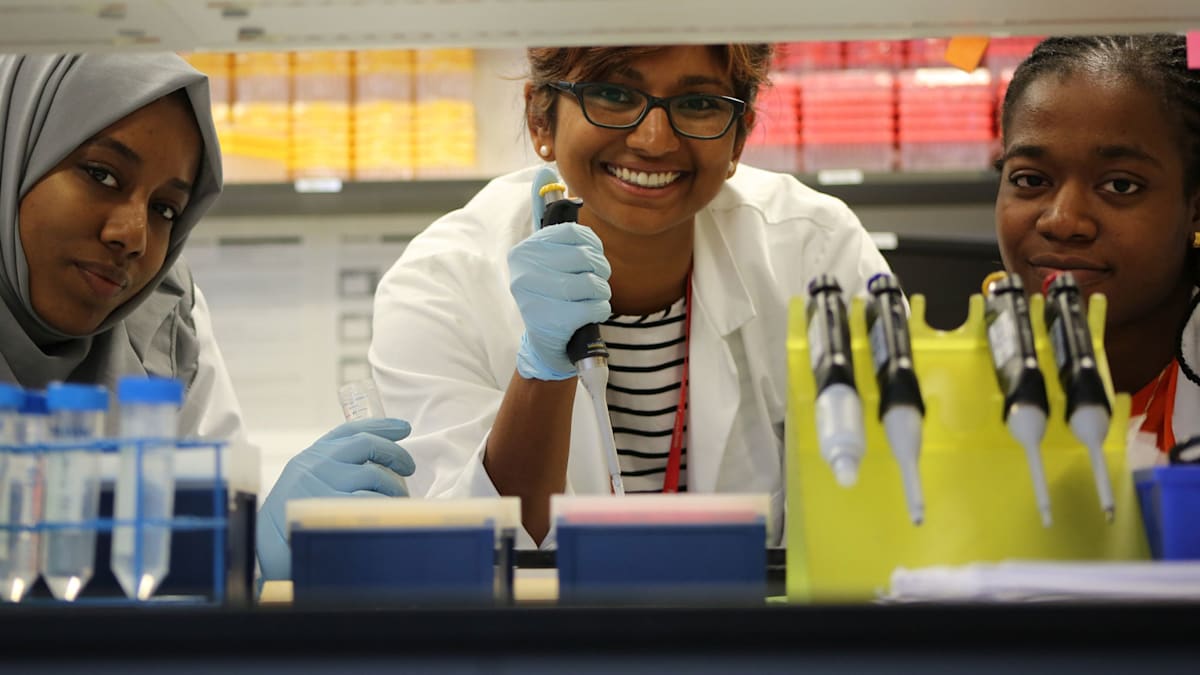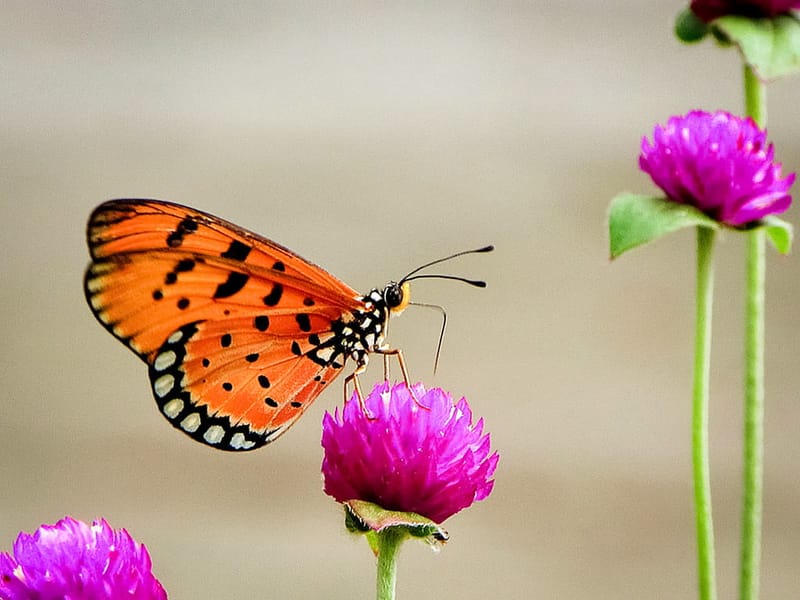
Dr Ana Baburamani has always been fascinated by the human brain. In secondary school she envisaged a career in psychology, but it was during her behavioural neuroscience degree at Monash University that she was drawn to physiology, and this led to her PhD exploring how injury to a foetal brain can occur. Now based at King’s College London, she’s helping cast light on brain development in babies with Down syndrome.
"So much happens during those 40 weeks of pregnancy, it’s almost like this big jigsaw – there are so many pieces that have to fit together at the right time."
The challenge of understanding exactly how babies’ brains develop in the womb motivates her day to day. “So much happens during those 40 weeks of pregnancy, it’s almost like this big jigsaw – there are so many pieces that have to fit together at the right time,” she explains.
Even more meaningful to her, though, is her outreach work at events such as World Down Syndrome Day on 21 March. “One of the biggest drivers for me is being able to give back through our research,” says Baburamani, a research associate at King’s Centre for the Developing Brain, based at St Thomas’ Hospital in London.
“All our research is funded by charities or the government, so it’s really important to share and talk about it to the public, particularly to parents and families with Down syndrome. Seeing how much that means to them really reminds you why you’re doing what you’re doing.”

Baburamani’s passion for learning is a family trait. Her father did a PhD in materials engineering at Monash’s Clayton campus, and her brother a chemical engineering degree. Her undergraduate studies were so inspiring that she stayed on to complete honours and then her PhD.
“Monash has a global reputation in foetal physiology, and there was support and travel grants for us to attend conferences locally and internationally during our PhDs. We had such a supportive lab group, but also a wider network and department, with so many people that genuinely wanted to help you succeed.”
Baburamani secured a three-year postdoctoral position at the University of Gothenburg, Sweden, before moving to London in 2014.
Her department uses MRI to scan pregnant women and their newborn babies to gather detailed data about growth of the brain. Previously, little research had focused on how the brains of babies with Down syndrome develop differently.
“If we can better understand what’s happening during development, we could potentially find a window to intervene early and improve outcomes,” she says. “We also hope this research helps better inform parents and doctors about the kinds of difficulties their baby with Down syndrome could expect.”
Baburamani is passionate about science communication, and about encouraging students from diverse backgrounds to study STEM subjects. She’s run activities and hosted students on summer research placements, exposing them to the possibilities of a career in science.
“It makes such a difference to these students,” she says. “You can see their confidence grow while they’re here.”
She also understands the importance of the connections made at university. She’s stayed in contact with friends who completed their honours and PhDs together, and with her research group from Monash. She also attends alumni events in London, which she says are “a chance to expand your network, and hear people’s stories and experiences”.





